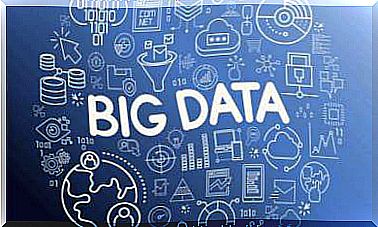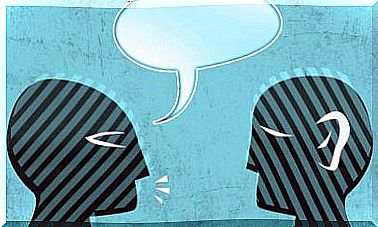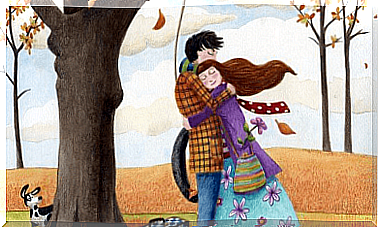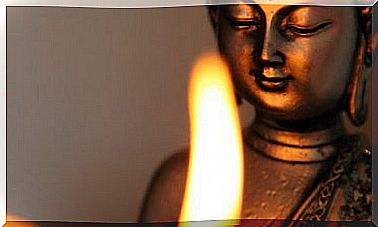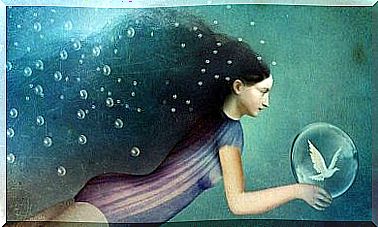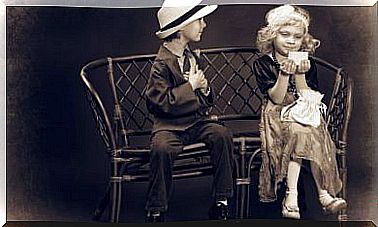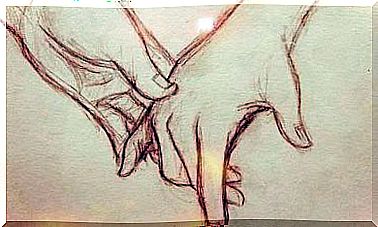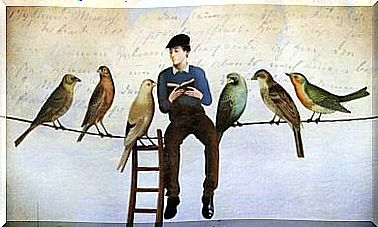Antiheroes And Their Dark Appeal: What Is The Reason For This Fascination?

Walter White, Tony Soprano, Don Draper, Daredevil, Jessica Jones, Maleficent … We could extend this list much further and we would find, without a doubt, many of our favorite characters from the world of cinema, television, comics or literature. Antiheroes fascinate us. Their moral values are, at times, questionable and even punishable, but we are still attracted to that dark side.
Likewise, we have seen how this type of psychological profile continues to position itself more strongly in our culture for more than a decade. For some reason, we are no longer attracted to virtuous figures, those that Carl Jung defined in his archetype of the hero and who stood up to evil. Our eternal saviors, those who brought the light to hide the darkness, no longer inspire us.
The reason? There is not one, actually there are many. The anthropologist Levi-Strauss said that no myth, legend or archetypal figure is accidental, because all these entities have their representation in the real world. Somehow, we have begun to feel more close to those fallible, imperfect and sometimes lacking moral characters.
Let us know the causes and the internal relief that hide behind the mask of the antihero.
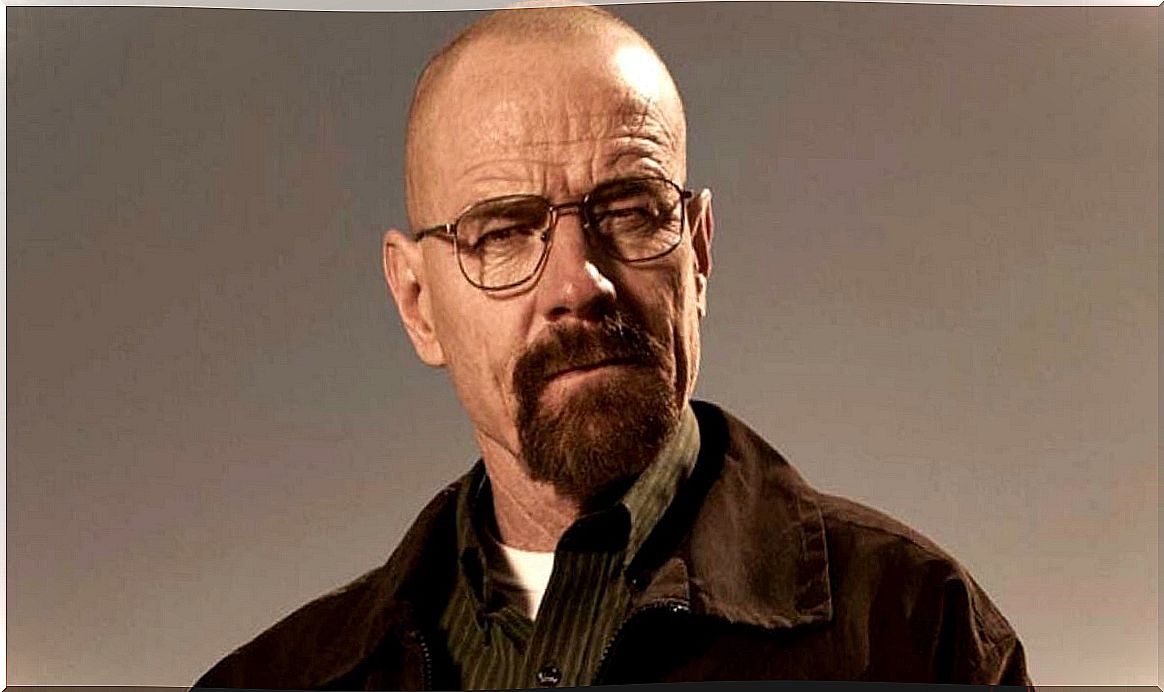
The antiheroes: who are they? Why do they attract us?
The time of true heroes seems to have expired; his reign may end much sooner than we think. Figures such as Hercules or Perseus ceased to shine a long time ago and although the world of literature brought us unforgettable figures such as the Count of Monte Cristo, James Joyce renewed that concept. He gave us his Ulysses and that novel in which, suddenly, we made contact with a group of antiheroes that border on the comic and the tragic.
In a way, every antihero has precisely those same ingredients: the veil of the traumatic and the reverse of the comic. The Joker is an example, and although we sometimes think of him as a villain, he carries in his DNA the essence of the anti-heroic. He is a man with a terrible past who dresses as a clown, who laughs at cruelty and who paints a smile on a face marked by sadness.
It is easy to empathize with the antihero because he is not always happy and that in current times is easy to understand. Let’s dive a little deeper into this concept.
The real antiheroes and the imperfect antiheroes
It is important not to confuse the textbook antihero with the one who is simply imperfect. Tony Stark (Ironman) or Batman himself symbolize the latter. They have their lights and their shadows, one is eccentric and even irresponsible and the other has that complicated past as a result of the death of his parents. However, both are still heroes saviors, characters who solve big problems and, as Carl Jung pointed out, symbolize the archetype of the savior.
Now real antiheroes don’t save anyone, in fact they have enough of ensuring that they get up every day. They are figures that emerge from adversity, trauma, loss or betrayal. From there they create their particular world, one in which their laws and their own value system govern, very different from the majority.
Good and evil dissolve and they can navigate in both spheres, being capable of great feats and acts that completely violate the law.
It’s easy to empathize with them
Heroes are admired and one identifies with antiheroes. How can it be? It is contradictory that one can get into the skin of characters like Walter White or Tony Soprano and enjoy each of their acts. And yet it is so. Because our sense of empathy makes us identify more with the unhappy, desperate, frustrated person who acts against a failed system.
Let’s remember Walter White, able to earn our sympathy for being that cancer-stricken high school chemistry teacher who decides to produce methamphetamine to pay for his family’s support. Let us also think of Maleficent, a fairy betrayed and harassed by a lover who, in addition to abandoning her, returns later to tear off her wings.
It is very easy to project our identification with these types of figures. Their dark side is attractive to us because we empathize with the reason that led them to that dimension.
In a failed society the antihero sets us free
The Punisher, Daredevil, Jessica Jones … In recent years adaptations on the small screen of these characters from the world of comics have proliferated. There is something about antiheroes that acts like a balm, like a cathartic agent. They represent many of the things that we think, but would never put into practice. They come and act outside the law to give justice (their justification) to a failed society.
Sometimes the antihero is capable of cracking down on these injustices. Their extreme reactions are also (secretly) attractive to us. We admire your resolve to those things that we would never dare to change.
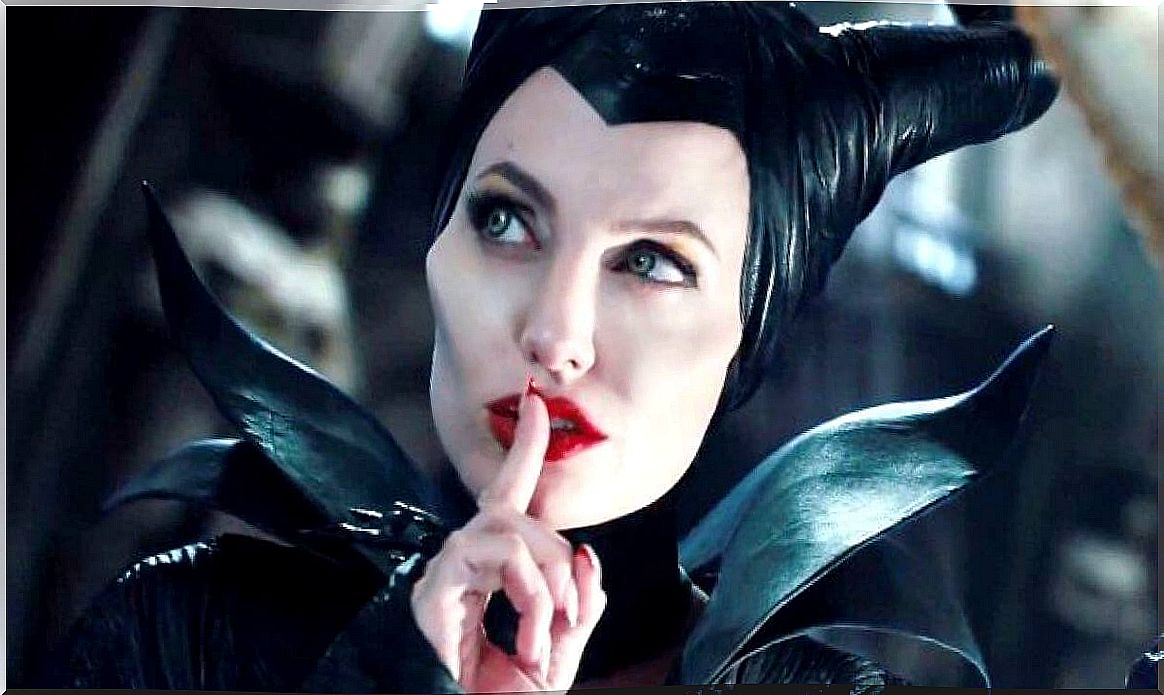
The antihero never changes (and we want it to stay that way)
The antihero lies, he can be cruel, betray and even kill someone violently. They can be contradictory, we can hate them instantly and tell ourselves that it is better not to hear from him again. We avoid them at some point because they challenge our ethical and moral codes, but still, sooner or later, we want to know more about them… See another movie, another chapter in that series, read another comic or another book.
Deep down inside we don’t want them to change. Thus, when the superhero deviates from the path of good, he does the impossible to get back on track. The antihero, on the other hand, will never aspire to stop being what he is. And we want them that way, imperfect.
To conclude, to this day heroes have been displaced by those antiheroes who, somehow, act as mirrors of our darkest desires. Those that we would never reveal out loud.
